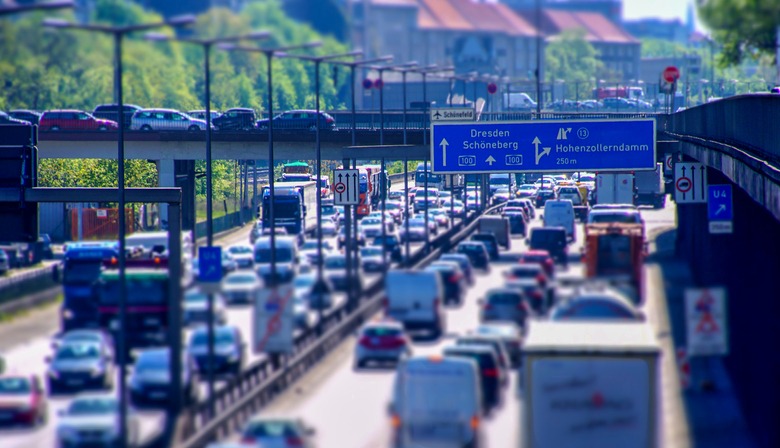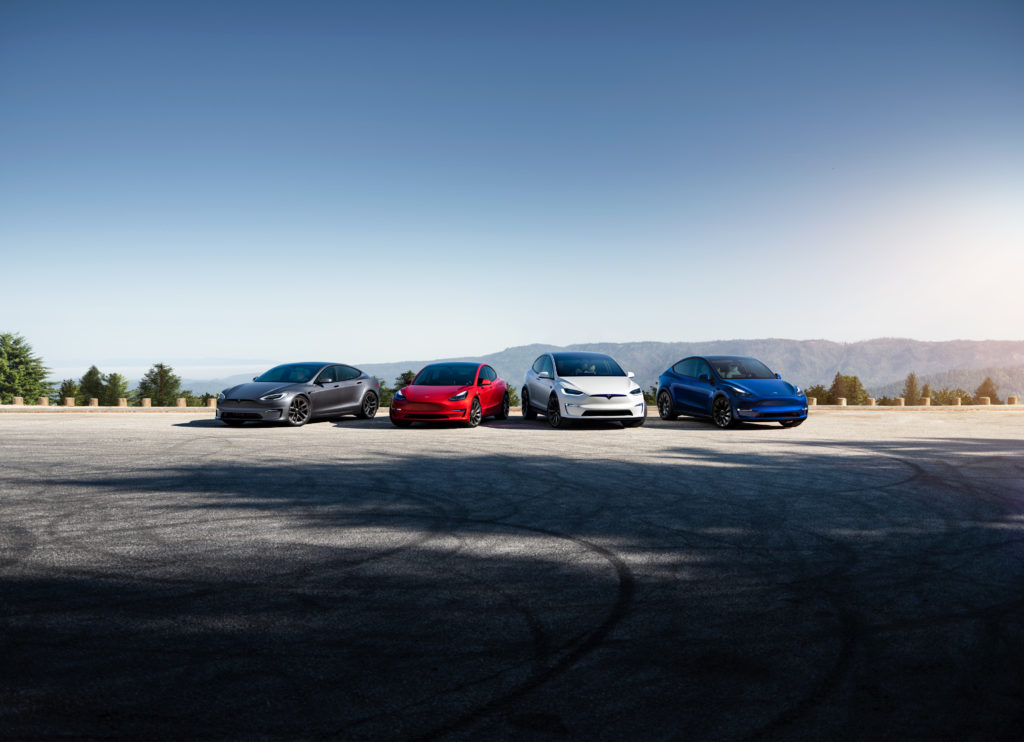Germany backs end of internal-combustion engine cars
22 March 2022

Policymakers in the EU want the future of mobility to be electric, with the German government fully backing plans to phase out internal-combustion engines (ICE) by 2035. The federal ministry for economic affairs and climate action (BMWK) said it supports EU proposals to only sell new zero-emission vehicles in the next decade.
Germany is home to Europe’s largest car market, and the government had previously lobbied for exemptions in the bloc regarding CO2 target legislation. The announcement is putting it in line with other European countries that want to ban the sale of internal-combustion engine vehicles by 2035 at the latest. Small and rich states, such as the Netherlands and Denmark, would like to see an earlier phase-out of internal-combustion engine vehicles. Moving closer to zero-emission cars, they are expected to prohibit the sale of new petrol and diesel cars five years earlier, by 2030.
ICE ban
‘As the federal government, we all support the European Commission’s current proposal for the “Fit for 55” programme. The CO2 fleet limit values for cars and vans have proven their worth for more climate protection in traffic,’ said German environment minister Steffi Lemke.
‘We therefore also support the Commission’s proposal for CO2 fleet limits with all of its design elements. Germany supports the end of internal-combustion engine for passenger cars and light commercial vehicles in the EU from 2035. ICE powered by e-fuels are only an option after 2035 outside of the CO2 fleet limits.’
The EU’s ‘Fit for 55’ package aims to tackle climate change and sets out how member states can meet a collective goal to slash net greenhouse gas emissions by 55% by 2030. For Germany’s massive automotive industry, this means full commitment to electric vehicles (EVs) and banning the sale of diesel and petrol vehicles in the coming decade.
But for a while it seemed the German government could not make up its mind whether it should go all electric or still allow ICE vehicles running on e-fuels in the future. The recent announcement by the government now leaves little scope for these types of fuels, which may be climate-neutral but still cause pollution.
Energy sovereignty
The news comes after EU ministers responsible for environmental and climate protection last week discussed the ‘Fit for 55’ proposals, calling for stricter CO2 fleet limits for passenger cars and light commercial vehicles. Germany’s new government plans to boost electromobility, aiming to have 15 million EVs on the road by 2030 – an ambitious target.
The country’s prominent carmakers, including Volkswagen (VW) and Mercedes-Benz, have recently scaled up their electrification targets, grabbing headlines with new EV model launches. OEMs are also increasingly converting their car-manufacturing factories, moving away from ICE-based powertrain systems to their electric counterparts. While some fear the transition to EVs could cause significant job losses, the shift to electromobility will also create countless of new jobs in the automotive sector.
EVs, of course, rely on power and a stable national grid. Russia’s invasion of Ukraine has led to a drastic shift among German politicians who are now actively trying to wean the country off its dependency on Russian energy.
‘The current situation shows that we have to get rid of Russian energy imports as quickly as possible,’ said BMWK state secretary Sven Giegold. ‘The “Fit for 55” package is decisive for our long-term energy sovereignty. The expansion of renewable energies and the reduction of our energy consumption are now also a question of European security, resilience, and sovereignty. From a German point of view, the proposed new emissions trading system for transport and heat is decisive for this.’


